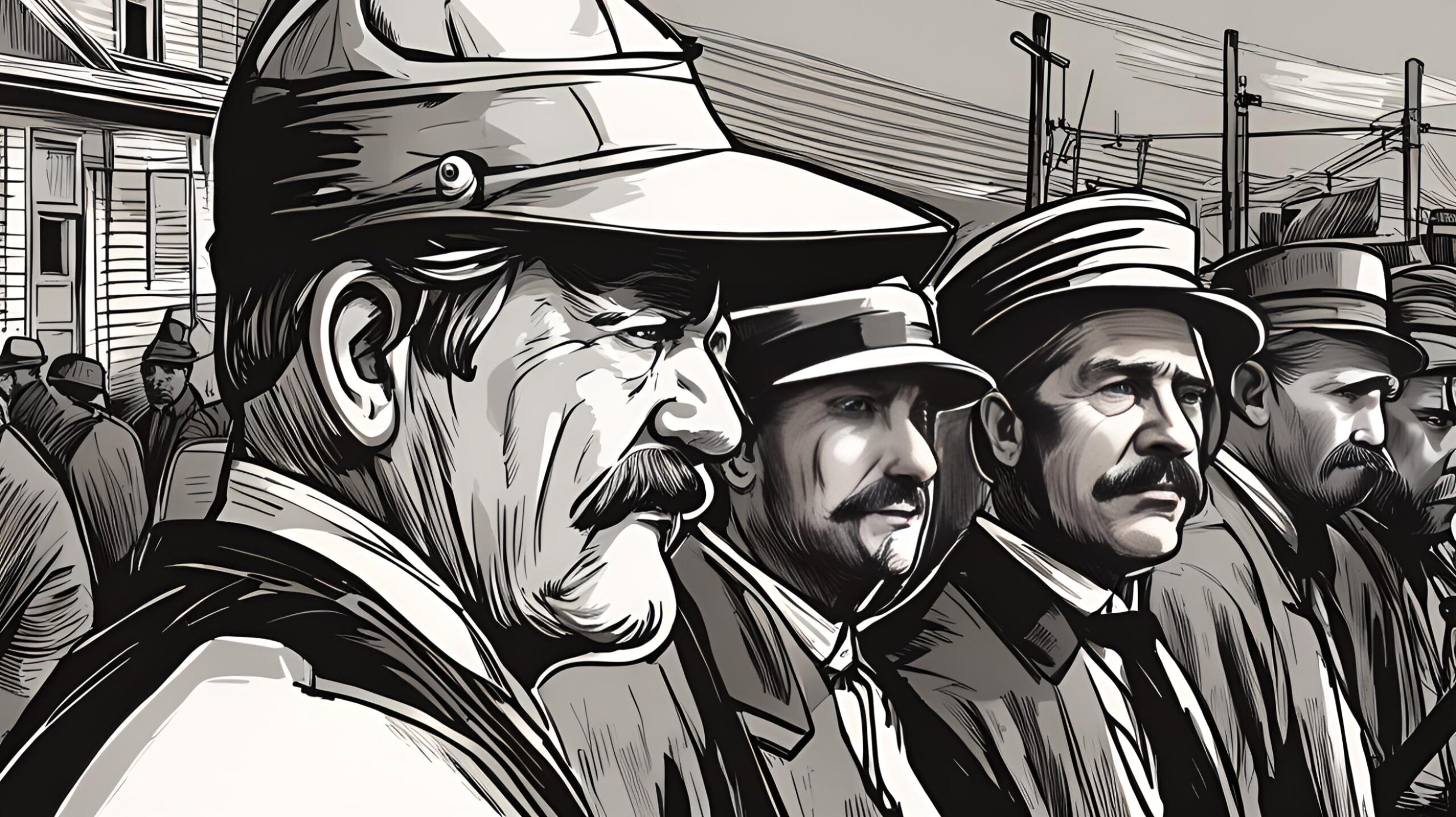Flashback to July 2
American History

2003
US intelligence officer Captain William Ponce contacts fellow officers in Iraq, informing them that a colonel has indicated prisoners need to be “broken”
Read moreIn the complex world of U.S military intelligence, the role of intelligence officers carries a weight of responsibility like none other. One groundbreaking instance in this scenario was the event that transpired on the 14th of August, 2003, when US intelligence officer Captain William Ponce reached out to his fellow officers in Iraq. Captain Ponce informed his colleagues that a high-ranking colonel had made it clear that the prisoners needed to be “broken” to glean crucial information to avert further attacks on American soldiers in Iraq.
A look at the broader context sees the United States embroiled in the Iraq War, a situation filled with its unique complexities and challenges. As the war was nearing its peak in 2003, the United States soldiers were in constant threat, needing valuable intelligence to safeguard against potential attacks.
Positioned within this tense milieu, Captain William Ponce took it upon himself to relay the instructions of the Colonel swiftly. This moment in history stands as an illustration of how intelligence officers like Captain Ponce undertook the implementation of directives from the command structure, even in situations requiring a lesser known, sinister approach to intelligence gathering.
“Ponce’s Contact” has become a key phrase for those studying military intelligence strategies. The term refers to Captain Ponce’s communication with other officers regarding the need to break prisoners for information extraction, to preempt future attacks on U.S soldiers. This statement bore weight, as the perception grew that standard interrogational techniques were insufficient to extract the necessary intelligence.
The potential importance of this information in preventing attacks on US soldiers cannot be overlooked. This intelligence was perceived as vital to protect American forces from the opposition, right in the heart of Iraq’s deeply contested battleground.
The phrase “prisoners need to be broken” emphasized the utilization of rigorous methods to extract information believed to be crucial. While “breaking prisoners” often carries a negative connotation alluding to torture, it should be noted that it’s a term often used within intelligence circles to describe obtaining resistant information. This approach to intelligence gathering created a flurry of controversy and debate about morality versus necessity in the wake of heightened security risks.
Captain William Ponce’s communication to his peers in Iraq highlights the critical roles intelligence officers play in ensuring the safety of American soldiers during times of war. These officers must often grapple with complicated ethical issues coupled with high stakes—highlighting the necessity to ensure no compromise in national security.
The historical significance of “Ponce’s Contact” on August 14, 2003, underscores the immense pressure intelligence officers shoulder in maintaining the delicate balance of war ethics and information gathering. While this event serves as a notorious example of the conflicts that often face intelligence officers grappling with the realities of war, it encourages us to understand the complexities surrounding every decision made during such challenging times.
A critical role within any conflict, notably the Iraq War of 2003, intelligence officers like Captain William Ponce situated themselves at challenging crossroads. Ponce’s coordinated contact with fellow officers in Iraq, emphasising the need for “breaking” prisoners, epitomizes the lengths to which such officers were prepared to go.
exploring the various navigations of U.S. intelligence officers during the Iraq War highlights the pressing complexities and challenges they face. The actions of Captain Ponce and the subsequent legacy of his circumstances, invokes a significant contemplation of the practical, ethical, and profound implications of intelligence assessment in times of war.
We strive for accuracy. If you see something that doesn't look right, click here to contact us!
Sponsored Content

Government obtains injunction against…
The government successfully obtained…

California begins issuing billions…
California faces fiscal challenges…

The first US coin…
On July 2, 1979,…

US Supreme Court upholds…
In a landmark decision…

Forty-eight die in rioting…
The East St. Louis…

Lake Washington (Seattle, Washington)…
On July 2, 1940,…

